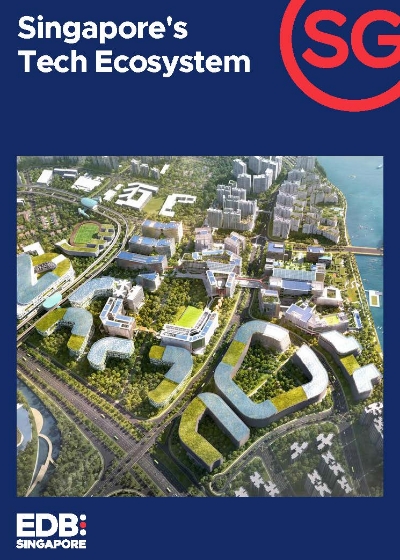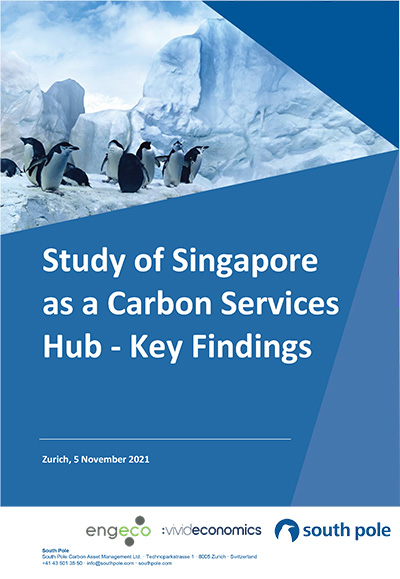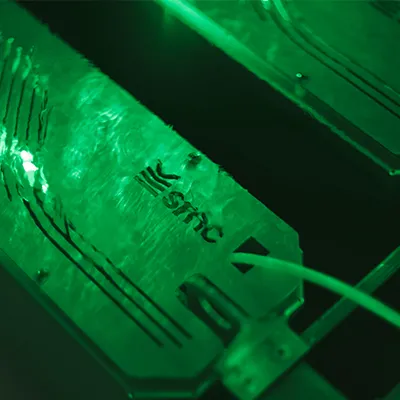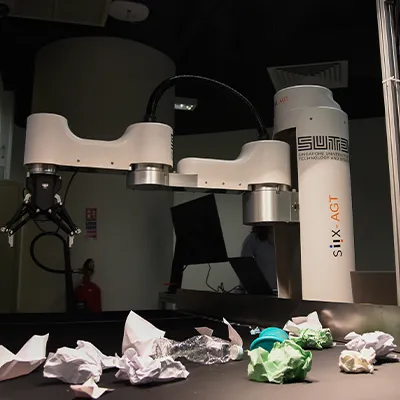Singapore is set to invest US$50 million in artificial intelligence (AI) talent, and open three new centres of innovation to help small and medium-sized enterprises (SMEs) with testing new projects.
These measures are expected to go some way to address the barriers to innovation such smaller businesses face. In his speech at the opening of Singapore Week of Innovation and Technology (Switch) 2022, Deputy Prime Minister Heng Swee Keat listed three such barriers: not having enough talent, technology moving ahead too quickly, and sustainability efforts being too slow.
The growing talent crunch has left education systems across the world struggling to keep pace with the demand for talent, especially at the bleeding edge of tech.
Heng said: “The traditional feedback loop for developing new skills – from industry to academia to curriculum – and years of full-time learning by students before they graduate simply cannot cope with the pace of change.”
Partnering industry is key to solving the talent crunch and keeping pace with the demand for AI talent. He noted that Singapore started the AI Apprenticeship Programme in 2018, and has since trained more than 200 apprentices.









